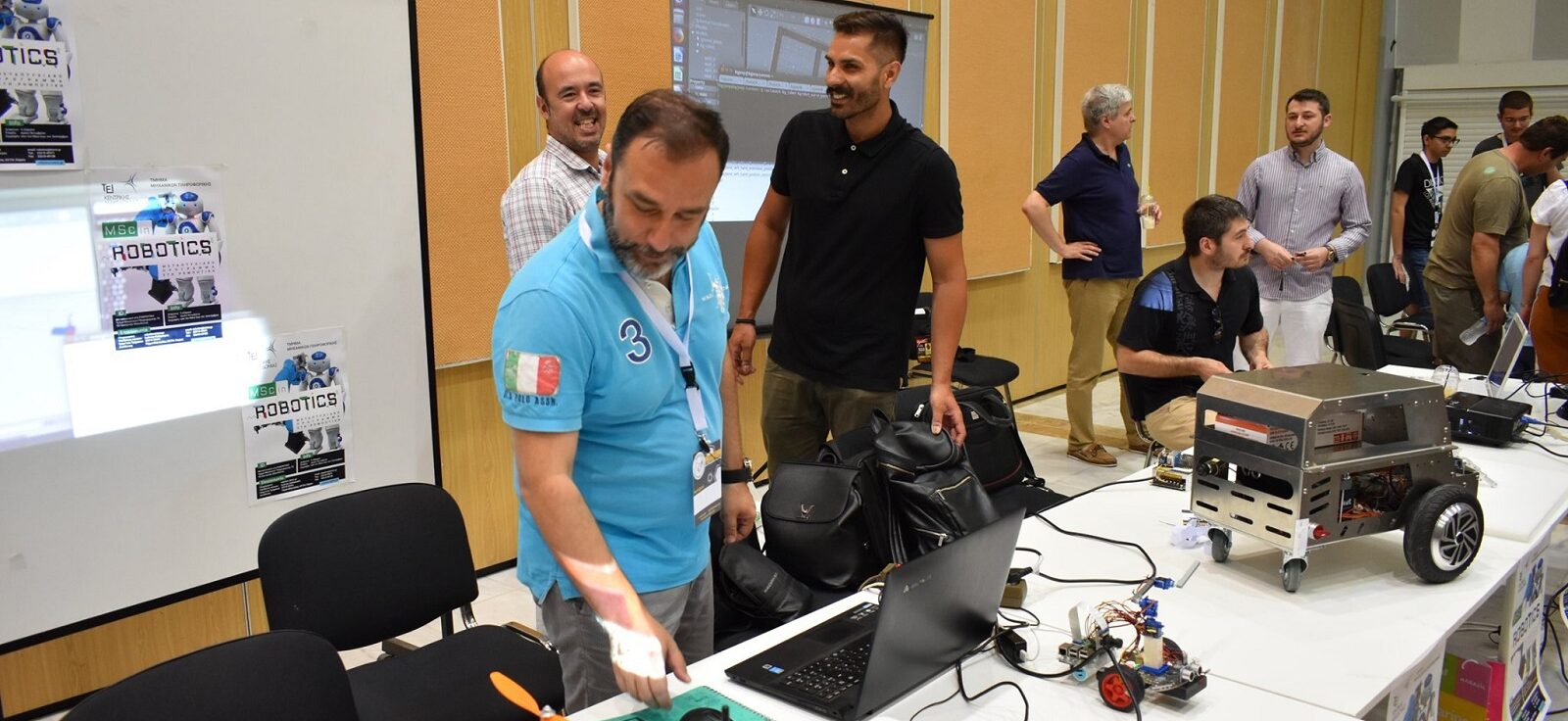
An interview with Mr. Ioannis Kalomoiros taken by Mr. Nontas Euaggelopoulos
Mr. Ioannis Kalomiros is a professor at the International Hellenic University in the Department of Computer, Informatics and Telecommunications Engineering and the director of the MSc in Robotics in Serres.
What is robotics and how does it relate to artificial intelligence? What are some examples from our daily lives?
Robotics is a complex branch of Engineering that designs and builds systems programmed to interact with their environment to produce useful work, which is predefined by the designer. For this purpose, Robotics combines knowledge from various sciences, mainly Electronics, Computer Science and Engineering.
Robots have just begun to penetrate the daily life of ordinary people, mainly in the form of automation found in our cars and control windshield wipers and brakes, automatically adjust the speed, etc. Aircraft drive systems are robotic to a significant degree nowadays. Robots have been also used in factories for many years now, mainly in the form of robotic arms performing predefined tasks on the production line. We can also find them in some public places, such as airports, hotels and museums, as moving humanoids which provide information. They began to enter our houses in the form of robotic vacuum cleaners, which map the space and clean it automatically. Such examples are bound to increase quite rapidly.
Linking robots to artificial intelligence is a big issue that requires some specialization to understand. In short, robots use machine learning algorithms, based on which they begin to understand their environment and make decisions. Science has made great progress, and there is extensive research activity in this area.
Beyond our daily lives, what are some other applications of robotics?
In addition to the examples mentioned earlier, robotics is heavily applied in research laboratories, where machines need to make precise movements and collect data, and in industry, where control and production have been automated. Also, robotics is certainly used in exploration, with robots such as Curiosity and Opportunity sent by NASA to Mars, underwater vehicles on the seabed and various autonomous rovers in inhospitable areas of our planet. Other uses include surveillance and photography, with aerial robots (drones), self-propelled vehicles -which is a rapidly evolving field-, patient support in the field of health, the enhancement of learning in education, and of course, various uses in the military, which finances the development of autonomous robots. Lastly, robotics is used in precision agriculture, where robotic vehicles and sensor systems work together to improve the crop, control the fruit and intervene faster where needed.
At what pace is the development of robots advancing and how will it change our lives in the near future?
The pace is very fast indeed. The most immediate technological advance that will change our lives is the Internet of Things, where every electronic device will have the ability to connect to the internet and exchange information with other devices. 5G technology will contribute to leading us to something like that. Thus, the autonomy of machines along with their operation in an optimal and safe way, based on rules set by man, will become increasingly feasible. For example, our cars will gain more and more autonomy, while in public we will encounter more and more autonomous moving robots that will interact with humans.
Is Greece making robots?
Of course, Greece is making robots. Although it is a small country with few resources, Greece has a large know-how per capita. In our universities, important research is conducted on robotics and many Greek scientists participate in international programs. Our students build robots. There are Greek companies that build part of robotic systems for industry and the army, but they mostly rely on imported robots which they modify according to their needs. It is a fact, however, that a large number of robotic systems in Greece are imported. Greek companies cannot compete with foreign companies, such as the Japanese companies which have been building robots for decades at relatively low prices. There is still a lot of work to be done for Greek companies to start building complete robots, at competitive prices.
What is the situation in our country with regard to industrial robots?
As you already know, Greece does not have a highly developed industry and to remedy this we need vision and a lot of work. The introduction of robotics in the Greek industry cannot be compared with what is happening in large industrial countries. There are signs that robots are growing in the Greek industry, but research shows that we are far behind other countries with similar financial data.
Since robots will be able to replace human labor in industry and beyond, there is a growing concern about possible increases unemployment rates. How valid is this concern, and will robotics eventually create instead of eliminating jobs (What are some examples of these)?
This question often comes up in relation to robotics, but it must be noted that this is not the first time that the economy is changing form. Perhaps the problem is that changes in the economy are now faster than in the past so that within the same generation many people will have to adjust and enhance their knowledge and skills. This is the problem we need to understand, not that robots will take our jobs. The foundations of the economy are changing internationally; jobs are not dwindling. Fields such as electromechanics, computer science and networks are growing and the market is looking for skilled engineers in these areas. The bureaucrat will lose, the good engineer will benefit. This needs to be understood by the education system, which will have to adjust for this new reality. Education is the basis.
Are there jobs that will be taken over entirely by robots in the future?
No, robots are always in some way operated by humans. An airplane is robotic to a great extent, but this does not mean that it flies without people at the helm, at all levels. Think about how many people, both on the ground and in the air, how many engineers, inspectors, pilots, telecommunications, and flight attendants need to work every time a plane takes off. The same will happen with any robotic system that performs a specialized task. Putting robots in the operating room does not mean that we remove the surgeon. On the contrary, we will then need technical support, training, and equipment renewal services; that is, we do create jobs, we do not reduce them.
Is there a question of ethics?
There is a question of ethics when we build machines intended to kill people. There is also an issue of ethics when we use machines that destroy the environment, to produce a short-term profit. But, you do not need an expert to tell you this. This is not about robots; it is about humans. Don’t worry; the robots will not wake up one day with a wicked conscience.
What are the current level and capabilities of artificial intelligence?
As we said before, extensive research is conducted internationally in the field of artificial intelligence, involving huge amounts of funds. It is rapidly evolving, with recognition, machine learning and optimization algorithms, such as neural networks, genetic algorithms, fuzzy logic, and Bayesian filters. Artificial intelligence is supported by advanced sensors, such as cameras and distance sensors that can guide a robot in understanding its environment, recognizing objects and making decisions.
How can a car or a bus without a driver inspire trust in people (passengers, pedestrians and drivers of other vehicles)?
Well, trust is gained, not given. These systems are developed based on criteria of safety and security. They will be based on new technologies, which have not been applied yet and are not widely known. Of course, the appropriate legal framework will need to be established, as it does not currently exist.
We see in movies that “humanoid robots” taking control of humanity. Is this scenario possible in the distant future, or does it remain in the context of “science fiction”?
Well, it’s not a good idea for anyone to try to be a prophet about such matters. After all, your question stems from a philosophical background, not a scientific one, because it presupposes a distinction between man and machine which includes some philosophical presuppositions. My understanding is that robots as machines do not have and will not have their own consciousness in the future. If they cause disasters, it will be human error or human choice. Let’s take responsibility, and not shift the responsibility to robots.
What is your opinion on the current trend of educational robotics and STEM training? Children can now engage with all that even from pre-school age.
This is an interesting question. There is indeed an increased interest in educational robotics, which the Greek State and the Greek Universities should guide properly. At the moment, it is mainly led by companies that are competing for profit in the field of education.
It certainly is important to introduce new technology literacy programs in education. This is true both for teachers, most of whom are not sufficiently technologically educated and for students who grow up in an environment in which technology is developing at a dizzying pace. So STEM programs are important, they just need to be properly integrated into the school environment. The Master’s Program in Robotics of the International Hellenic University in Serres is active in this field as well. Some of our students’ dissertations have been internationally distinguished as contributions to educational robotics. We continue in this direction, by disseminating knowledge to schools and supporting teachers in terms of hardware and software.

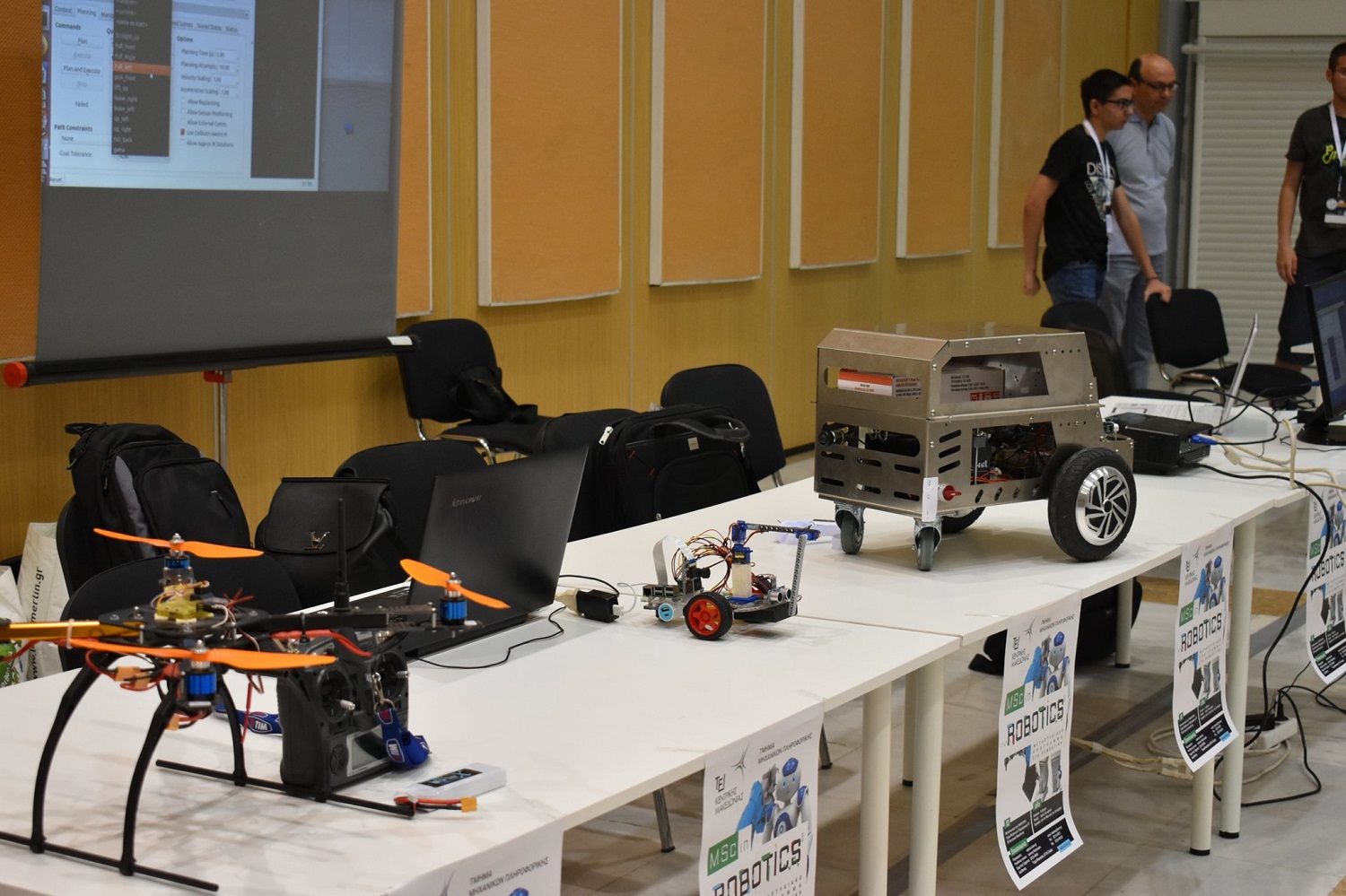
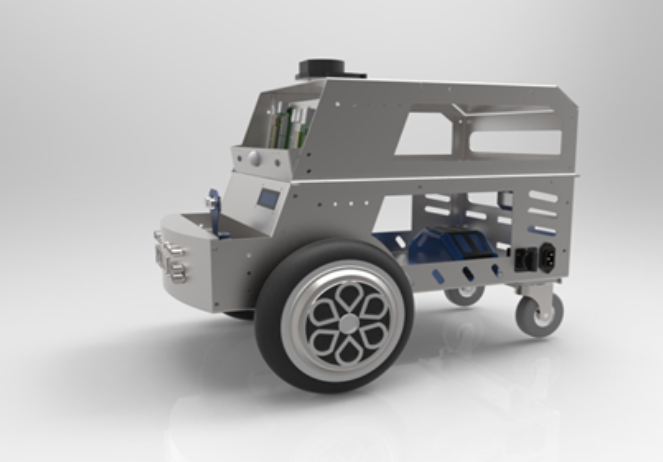
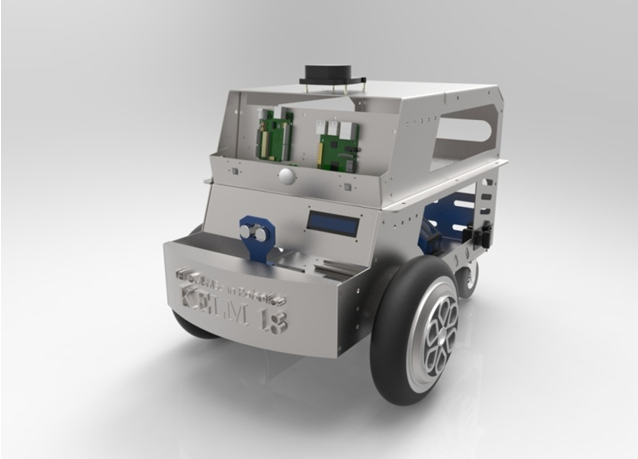

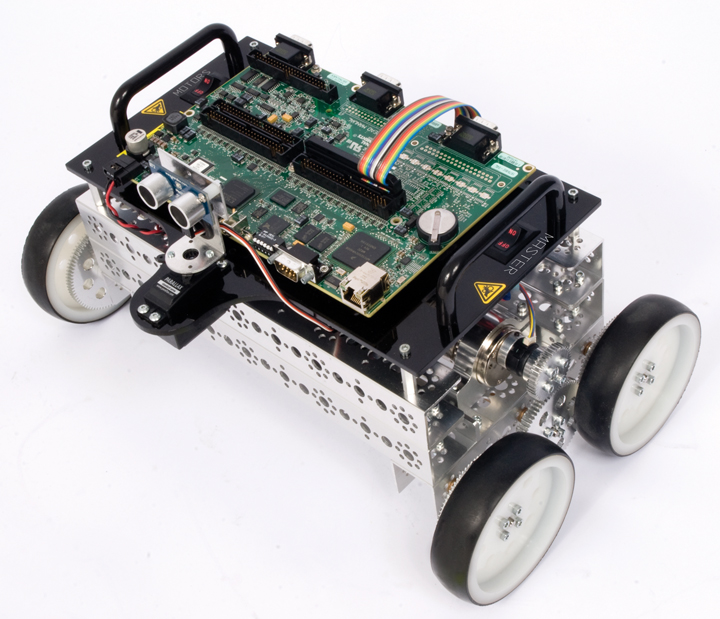
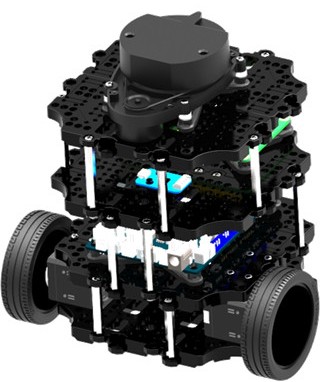






Leave A Comment